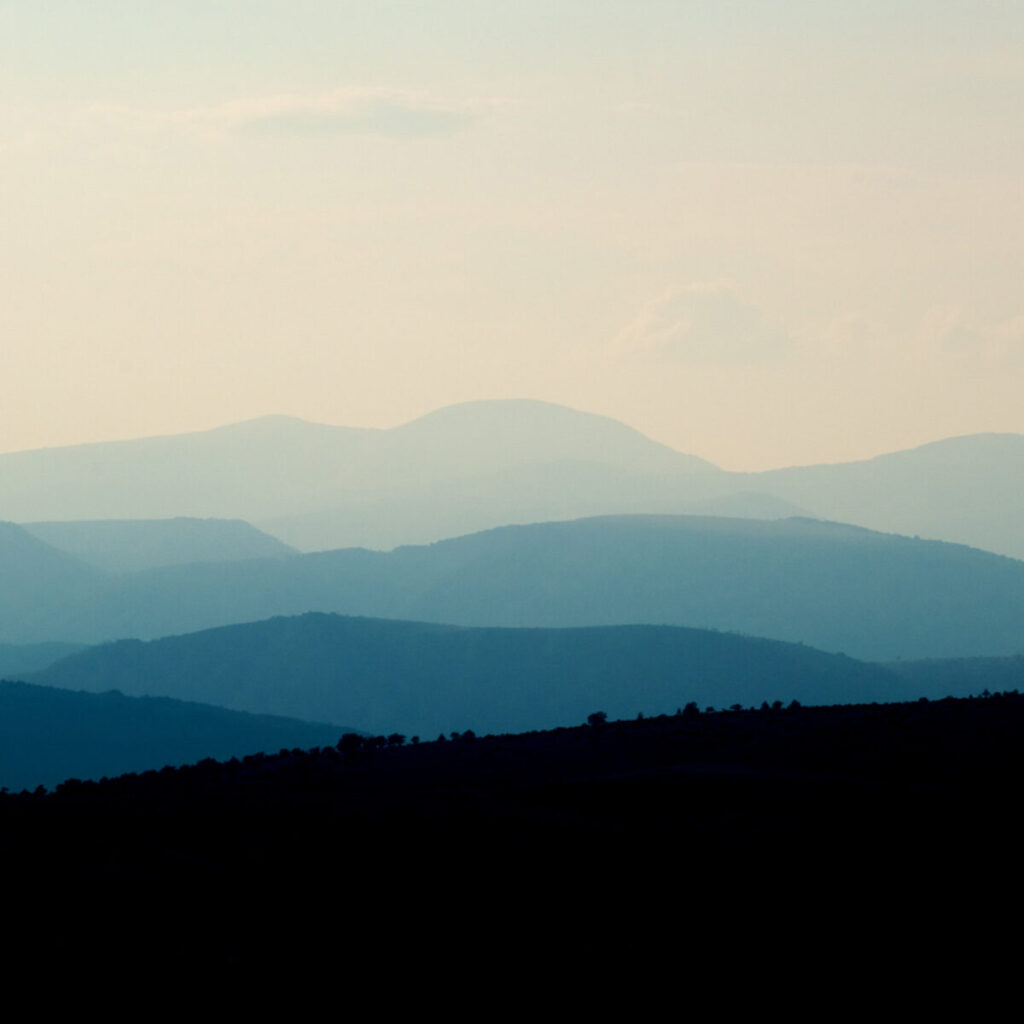
Oh man.
Oh man.
Oh man.
The last 7 years have been tough. That’s an incredibly big understatement. The level of pain and anxiety I’ve experienced has been crippling. I still can’t leave the house without taking a Valium at the moment because of the risk of my mind taking me down a very scary path which could lead to a panic attack.
There are 3 causes for this.
1. My health concerns. I’ve gained 50kgs (110 pounds) in the last 7 years because the antipsychotic I’m on causes massive weight gain, and this has led to a few health issues. Sleep apnoea, high blood pressure, and I recently found out I’m in the early stages of pre-diabetes. Since finding that out I’ve radically changed my diet, and lost 3 kilos in the last 2 weeks. It may end up being a blessing in disguise because I have so little strength left I’m not sure anything else would have been enough to change the way I was living. I’ve also been experiencing heart pains on and off for the past year which has been really scary, but I went to a cardiologist and they said my heart’s fine, so that assuaged my concerns a little bit. It’s been tough though. January and February of this year I experienced anxiety over an extended period like I never have before. I was beside myself. Luckily now my anxiety only gets really bad when I leave the house, so I do that as little as possible. Just enough to go for an hour walk a few times a week. My doctors said I could come off my antipsychotic and just continue to take lithium while keeping the antipsychotic on hand in case I notice myself going into psychosis again, but I just have SO much fear about experiencing psychosis again I’m terrified of this. Which leads me into my next point…
2. Fear of having another psychosis. I haven’t had a psychosis, or even any psychotic symptoms, for 3 years and 3 months. However, my fear of having another psychosis absolutely terrifies me. It’s the scariest thing in the world to know that your mind can turn on you at some point and make you experience something that can be paralyzingly terrifying. Especially after what happened during my first psychosis in 2018. I read a study that said a lot of people in psychosis show raised levels of dimethyltryptamine (DMT) in their blood, an endogenous compound known to be one of if not the most powerful psychedelics known to humans. I thought, great, my biggest fear is losing grip on reality, and now I might be having non-consensual psychedelic trips, which yes, can be great, but can also be horrifying. My first psychosis was equal parts incredible and terrifying, but the terrifying parts were so terrifying I want to do everything I can to make sure it never comes back. That’s why I continue to take medication today, despite it still being my choice whether I want to or not. And the third point…
3. My spiritual path. My spiritual path is NOT EASY. You have to face up to everything: your pain, your anxiety, your fear of death, your fear of going crazy. The last thing the mind wants is enlightenment. It is the end of the ego. So it will say it wants enlightenment, but is actually doing everything it can to sabotage your efforts. But this transcendence of the mind thing is not easy. If we are identified with our minds, as almost all humans are, then this process of letting the mind go can feel very much like death. Or, as I mentioned, a fear of going insane. And there’s absolutely no way to know that things will work out okay on the other side. This is why I think the spiritual path requires quite a lot of faith. Faith doesn’t mean belief in something, but rather something more like trust that even though you don’t – and can’t – know for certain, you let go in the face of that unknown anyway. It’s not totally blind faith; most people usually have a lot of evidence pointing in this direction, but you can’t know what’s going to happen until you see it for yourself. All the spiritual teachers in the world could tell you, “Don’t worry about it, it’s heaven,” but until you see it for yourself you’ll never know for certain.
So that’s a sort of brief summary of where I’ve been the last 7 years, and most especially the last 2 years, where it ramped up in intensity. The best I can do is just cope, and try to allow this process to unfold as it will without me getting in the way too much.
I’ve got a couple of more blog posts to write which I’m more excited about – this one was just a catch up seeing as I haven’t written here in a few years.
Thanks for reading,
Will.





